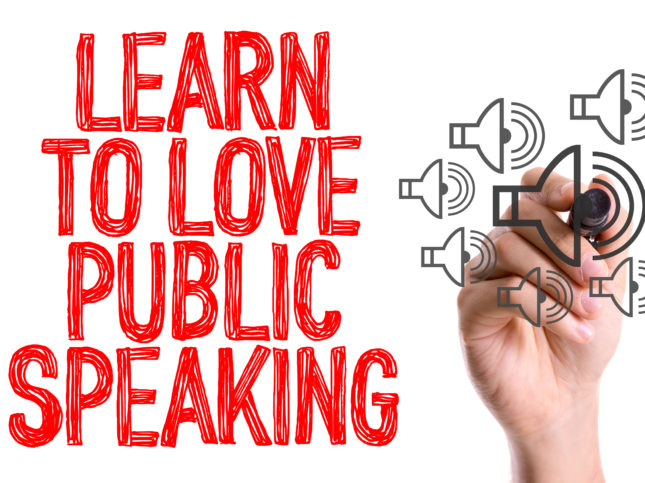Hard Work, Yes, But on What?
By now, it’s no secret that mastery in any field requires thousands of hours of hard work and deliberate practice. We know that there are no shortcuts, and that we have to work hard all the time. Yet, it’s possible to work harder than anyone and still go nowhere. It’s equally important to identify and focus on the right things to improve. As Anders Ericsson says, “the critical variable for performance improvement is identifying areas of desired goals of achievement (my italics) and engaging in effective training and practice to attain the associated improvement.”[1]
I was inspired to write this post by three stories I’ve read recently:
The first is the most recent. It comes from last week’s Sports Illustrated story on Tiger Woods. “Last Saturday night, less than 24 hours before he won on the PGA tour for the first time in 30 months, Woods was the only golfer on the Bay Hill range.” That sentence says a lot. His opponents no doubt wanted to win just as much as Woods did, but he was the only one out there on a Saturday night. What’s even more instructive is the reason he was out there: his third round had ended badly, and he and his swing coach had identified the problem: too much weight on his left foot. “Woods hit balls until dark, stopping only to change clubs and sip on a Diet Coke. The more balls he hit, the more the fog from the late-round mistakes lifted.”
That’s the essence of deliberate practice: identifying an area that needs improvement and working relentlessly on it until it’s fixed. Then you move on to the next area.[2] While that may sound obvious, most of us quickly yield to the temptation to practice those things we’re already good at; after all, it’s easier and more rewarding.
That means that deliberate practice requires the attitude and the skill of realistic self-awareness. Most of us don’t have the luxury of a personal swing coach for our professional (although with the rise of executive coaching, this is less and less of an issue), but with the right attitude and knowledge we can do a lot of this for ourselves. We can be our own coaches and mentors.
It’s not enough to have a clear goal; you also have to be crystal clear about where you are right now. After all, even a man lost in the woods knows where he wants to go.
You can’t identify weaknesses if you think too much of yourself and if you can’t identify what needs to be fixed. This brings me to the second story, which comes from The Fifth Discipline, by Peter Senge. He tells us that Bill Russell, the basketball great, used to complete a scorecard on himself after every game. After 13 seasons and more than 1200 games, the highest score he ever gave himself was 65. He knew enough about himself and about the game to spot the gaps; and the paradoxical mix of humility and confidence to admit his shortcomings and be resolved to overcome them.
Senge calls it the creative life, in which you are your own ongoing creation, fueled by a continuous creative tension between who you are and what you are capable of becoming.
The third story I read comes from Gary Marcus’ book, Guitar Zero. He tells us that Pat Matheny, the great guitarist who has won 18 Grammys, keeps a diary and every time he plays will record six to eight pages on what worked and what didn’t, so he can improve his next performance. His dedication to his field is impressive enough in itself, but six to eight pages of analysis shows astounding attention to the slightest detail and incredible self-awareness.
Notice one common thread running through all three stories: the most highly skilled are those who are also the best at finding fault with their own skill. In fact, one study has shown that the opposite effect occurs: those who are worst at something tend to be those who most overestimate their ability.
You don’t have to be an athlete or musician to apply the concepts of self-awareness. As I wrote in a previous article, the US Army has seen huge results from the use of After-Action Reviews, and the idea has taken hold in business as well. After a sales call, a presentation, a project—in fact, any task that is important to your job—take some time to reflect on what worked and what did not. I would not recommend six to eight pages, as Matheny does, but even just a short bullet point list can give you enough to work on—I trust it won’t be the same few items every time.
Be responsible for your own feedback and you can be your own best coach. Ignorance may be bliss, but it won’t make you better.
[1] Development of Professional Expertise, p. 413.
[2] It obviously did not help his Masters’ performance, but that just shows that there is always something else you can work on.





